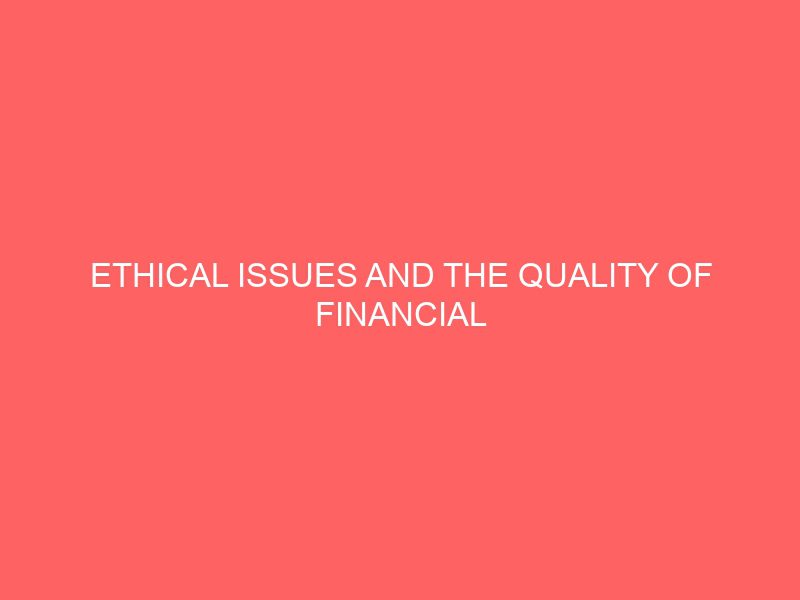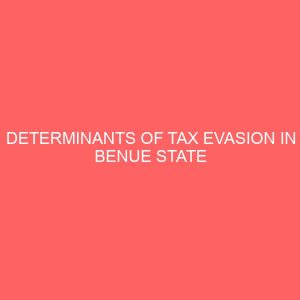Description
Abstract
The research survey was carried out to determine the effect of ethical issues on the quality of financial reports of banks in Nigeria. This study adopts the survey research design. Data was collected from primary sources using a structured questionnaire. A sample size of sixty (60) respondents was used for this study. Data collected was subjected to descriptive statistics for analysis and hypotheses were tested using a t-test. Linkert scale was used for decision rule in the experiment. A mean score of 2.50 is a cut-off point for determining the adequacy of each of the variables. It was discovered from the result of this study that ethical issues such as objectivity, disclosure, integrity, confidentiality, and professional behavior have a significant effect on the quality of financial reports of banks in the study area.







Reviews
There are no reviews yet.